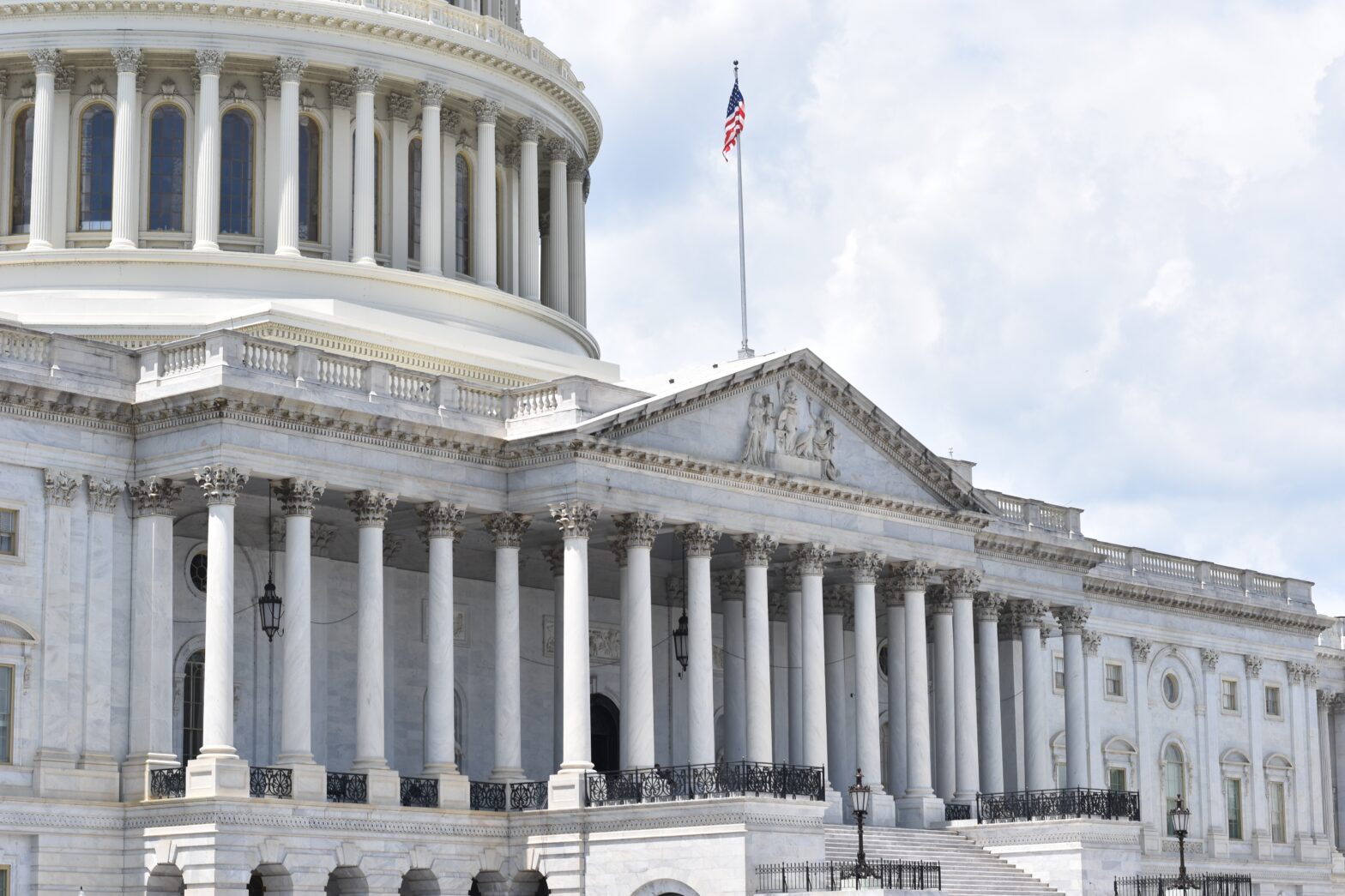The House of Representatives has given the green light to legislation that allocates more funds for the Federal Aviation Administration. These funds will go toward hiring air traffic controllers and raising the mandatory retirement age for airline pilots. The measure, aiming to address delays and cancellations during peak travel times, scored a mostly bipartisan vote of 351-69.
As the Senate gears up for its version of the bill, differences between the two chambers will need to be ironed out before the October 1 deadline, lest they opt for a short-term extension.
Raising The Retirement Age
The House approval came after intense debates on crucial matters. One contentious provision, which would have allowed more flight simulator hours for aspiring airline pilots, got axed in a 243-139 vote. Smaller airlines lobbied for this change, citing a pilot shortage impacting service to smaller communities. Pilot unions, however, countered, claiming it would compromise safety.
Despite opposition, a provision to raise the mandatory retirement age for airline pilots from 65 to 67 made the cut.
Long Haul Flights Rejected
The House also rejected an attempt to expand long-haul flights at Reagan Washington National Airport. Delta Air Lines spearheaded the push, backed by lawmakers from various cities eager for nonstop service to the airport near downtown Washington. However, concerns about congestion and potential delays shot down the proposal, with United Airlines opposing the increase.
While the Senate is lagging behind on its version of the aviation measure, which could authorize over $100 billion in spending, a committee vote hit a roadblock due to disagreements over pilot training.
Protecting Consumers
The bill also packs provisions affecting airline consumers. One provision includes rolling back a Transportation Department regulation from 2011 requiring airlines to display the total ticket price upfront in advertising. Instead, airlines could provide a link to the all-in price. Consumer advocates are opposing the rollback. The White House recently sided with them, asserting that full-fare advertising aids consumer comparison shopping.
Consumer groups are hoping for more favorable provisions in the Senate bill, expressing underwhelm with the House’s compromise. Nevertheless, scores of business groups and airlines lauded the House’s approval, anticipating improvements in air traffic control technology, better services for passengers, and enhanced training for aviation professionals.
